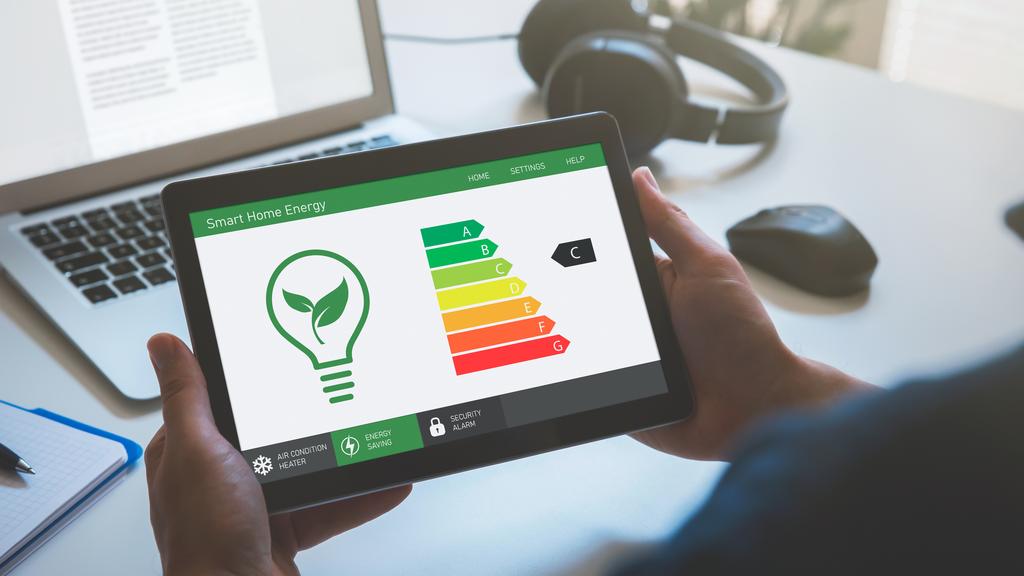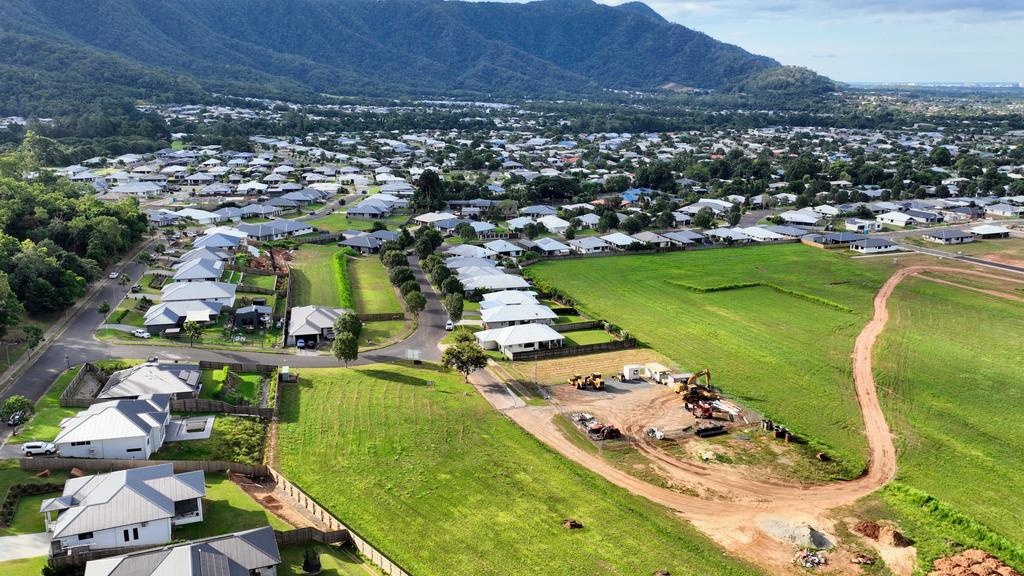Call for homes to get energy ratings as fossil fuels face the axe

Green Building Council of Australia chief executive Davina Rooney said putting in place a reliable rating system would allow buyers and renters to easily compare homes on the market and bring the country into line with similar offshore schemes.
Australian homes should have a national energy rating scheme, allowing buyers or renters to know the energy efficiency of their home before moving in, according to a new report by the Property Council and Green Building Council.
The report sets out policy recommendations which would help Australia achieve its decarbonisation goals as homes would be rated in the same way as whitegoods and electronic appliances.
Property Council chief executive Mike Zorbas said while most people are now used to knowing the energy performance of their dryer or fridge, there’s no similar rating system that gives homebuyers a clear picture of a home’s energy consumption.
“It’s high time Australian home buyers and renters had access to a consistent national rating, so they’re aware of the cost of energy bills they’re set to face and comfort levels they can expect during colder months,” he said.

Green Building Council of Australia chief executive Davina Rooney. Picture Ryan Osland
Green Building Council of Australia chief executive Davina Rooney said putting in place a reliable rating system would allow buyers and renters to easily compare homes on the market and bring the country into line with similar offshore schemes.
“Locally, we’re living with the impacts of climate change and a cost-of-living crisis, while healthy, affordable, energy efficient homes are increasingly out of reach for everyday Australians,” Ms Rooney said. “Australia has the tools, the experts, and the guidance to meet this call and ready our buildings and homes for the future.”
Mr Zorbas said national emissions reduction conversations often focused solely on the energy sector but called for a wider approach.
“Buildings account for more than 50 per cent of Australia’s electricity use and 25 per cent of all emissions,” Mr Zorbas said. “The Australian property sector are global leaders in sustainability, which means we are incredibly well positioned to deliver high-impact and yet cost-effective ways to help achieve the nation’s net zero goals.”

While most people are now used to knowing the energy performance of their dryer or fridge, there’s no similar rating system that gives homebuyers a clear picture of a home’s energy consumption. Picture: Brendan Radke
Another key recommendation in the report calls for the phasing out of fossil fuels in existing buildings and appliances, that would see the end of gas water heaters and cooktops in Australian homes.
The report also urges government action on a strategy for ensuring Australia has climate resilient buildings that can withstand more frequent and severe weather events caused by climate change and tackling embodied carbon.
New residential and commercial buildings should also be delivered as all-electric, with the report making the case for a “just transition” which would ensure vulnerable people, not just the wealthy, benefit from a cleaner, more energy efficient built environment.
“The shift to low carbon, resilient buildings cannot be achieved without improving the skills and capacity of the workforce,” Ms Rooney said.
“Transitioning 85 per cent of homes off gas by 2040 requires retrofitting hot water systems in 5000 homes every week until 2040, starting now. Much of Australia’s building sector is not equipped or trained for this task, but it doesn’t have to be that way,” she said.







